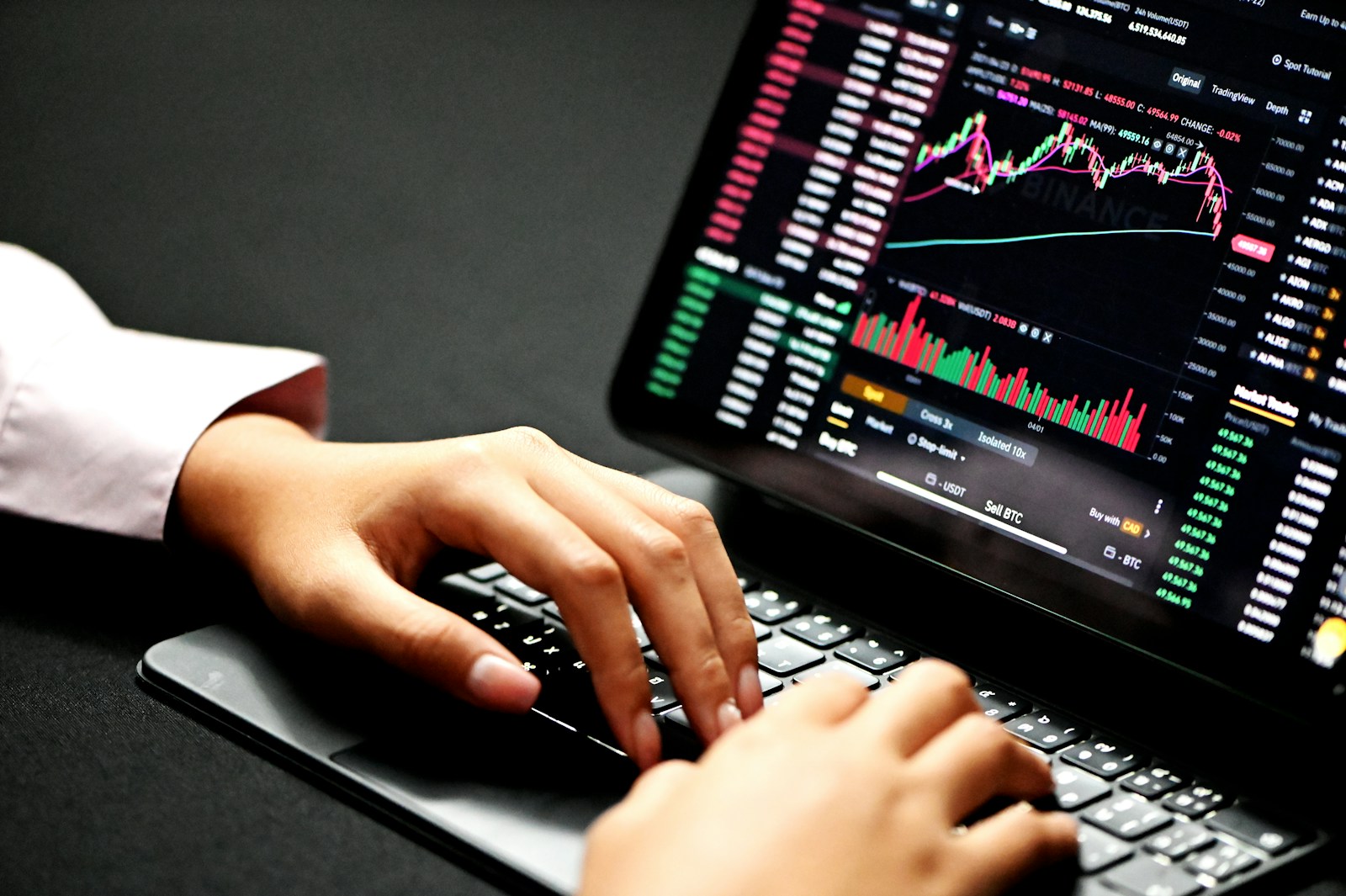Resources
What You Need to Know About Dark Pool Trading

The growth of trading platforms on centralised software and CRMs promoted more transparency in the financial trading system. Now, companies’ investment activities are trackable and can significantly affect market prices.
This increases some concerns for large corporations that want to keep their plans private and not disclose their financial strategies to competitors. Therefore, dark trading pools emerged to accommodate market orders and investments made by these companies.
Dark pools preserve a lot of key players’ investments, which can be processed at lower rates than the public marketplace. Seems unfair? Actually, these private pools have a few benefits, so let’s review them.
Explaining Dark Trading Pools
Dark pool trading is exclusive to large corporations, such as financial institutions, investment banks, hedge funds, insurance conglomerates and central banks. These businesses can buy and sell assets and currencies without revealing them to the market and away from public marketplaces. Hence, the name “dark pools”.
These markets are not open to the public, and a retail broker or an individual trader cannot access dark markets. There has been a lot of criticism regarding the fairness and transparency of these markets.
However, despite their ambiguity, this trading is regulated by the SEC. The US Security and Exchange Commission defines activities that belong under this category as any investment entailing the transfer of asset(s) worth at least $200,000 or trading more than 10,000 shares in stock exchanges.
In fact, most dark pool activities involve way more than 10,000 shares and $200,000 worth of investments.
Companies might be tempted to manipulate this advantage and engage in predatory activities and crash competitors’ prices. Here comes the SEC to regulate the market and ensure participants do not misuse market prices or this advantage.
The Debate Around Dark Pool Trading?
By its nature, this market has a limited number of participants. Therefore, the demand level is usually lower than in secondary markets, making the market price lower than in public exchanges. This can provide a competitive advantage for institutional investors over retail brokers and investors.
However, these ambiguous pools have proven their usefulness. Let’s say, for example, a company wants to buy over 200,000 shares of another company as an investment. This move can trigger a massive buy pressure in secondary markets, creating a bullish sentiment and driving prices even higher.
In the same example, the market will gradually settle after the price surge and product overbuying, dragging its market price into a steep decline, with the chance of crashing.
This sharp increase and decrease is dangerous for the company whose stocks are being traded and for the market in general. Therefore, companies carry out their multi-million dollar investments in private markets without having a huge impact on prices and participants.
Advantages and Disadvantages
Companies debate the fairness of these markets, claiming that key players already have the capacity and assets to lead the market. However, dark pools give them an additional advantage of lowered prices. Let’s review the pros and cons of dark pool trading.
Pros: Minimising Impact on Secondary Markets
Executing huge orders in dark pools minimises the impact on public markets, such as sudden volatility, liquidity changes and severe price fluctuations. These can damage participating companies, traders and the entire market.
Therefore, exclusive trading avoids affecting other traders and ensures it only affects companies within the pool.
Pros: Decreasing Trading Fees
The number of market participants in the dark pool is lower than in public markets, and the speculation levels are also low. Therefore, the demand for these stocks is lower, and the price can be less than the public market price.
This also leads to lower slippage chances and better spread levels, making trading more favourable than in open exchanges.
Pros: Increased Liquidity
These markets involve the wealthiest investors and companies with millions or billions worth of investments. Therefore, the liquidity levels in these markets are at their highest. There are top-tier financial institutions and banks that make this market highly liquid.
Pros: Preserving Finacial Strategies
Companies engage in private pool trading to avoid exposing their financial plans to competitors. Dark pool trading requires reporting only to the SEC without publicising their steps and investments.
Cons: Unfair Competitive Advantage
Dark markets give large institutions and companies a better chance to land trades at better prices than retail brokers and traders. Open market participants can miss out on unprecedented opportunities created in these exclusive pools.
Cons: Predatory Activities
The concealed nature of these markets can motivate companies to practice predatory activities, such as executing massive buy or sell orders to hyperinflate or deflate other companies’ stock prices.
Conclusion
Dark pools refer to private markets where huge companies and financial institutions reside and trade massive blocks of investments. These activities are regulated by the SEC and they ensure that large investments do not affect public exchanges.
Despite the unfairness of these markets and giving large businesses an additional competitive advantage, these secret exchanges are necessary to maintain the integrity of open markets and promote price stability.

-

 Resources4 years ago
Resources4 years agoWhy Companies Must Adopt Digital Documents
-

 Resources3 years ago
Resources3 years agoA Guide to Pickleball: The Latest, Greatest Sport You Might Not Know, But Should!
-

 Resources8 months ago
Resources8 months ago50 Best AI Free Tools in 2025 (Tried & Tested)
-

 Guides2 years ago
Guides2 years agoGuest Posts: Everything You Should Know About Publishing It

